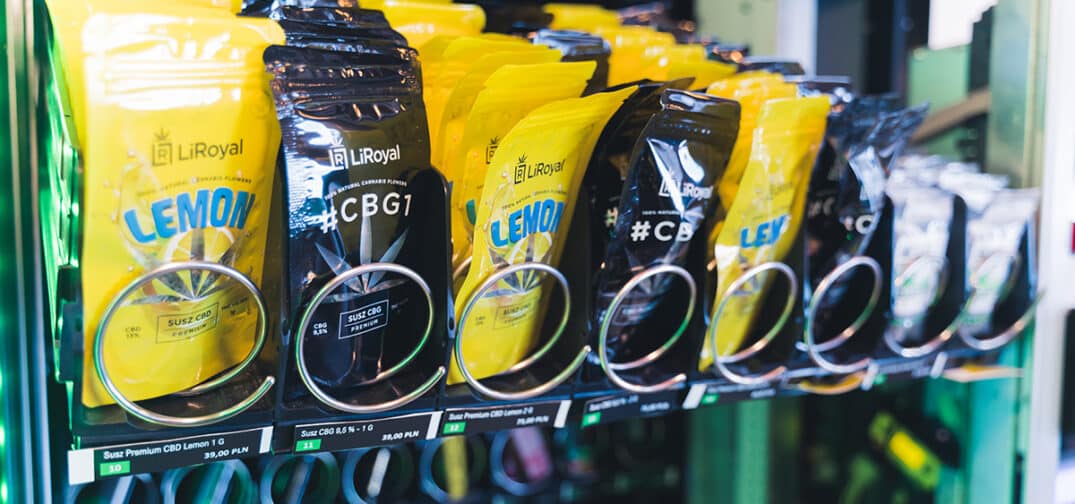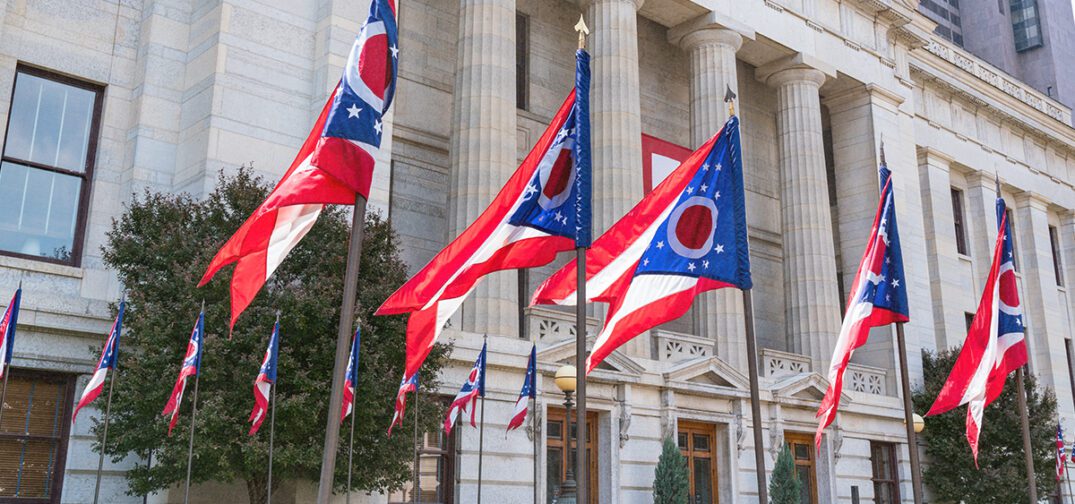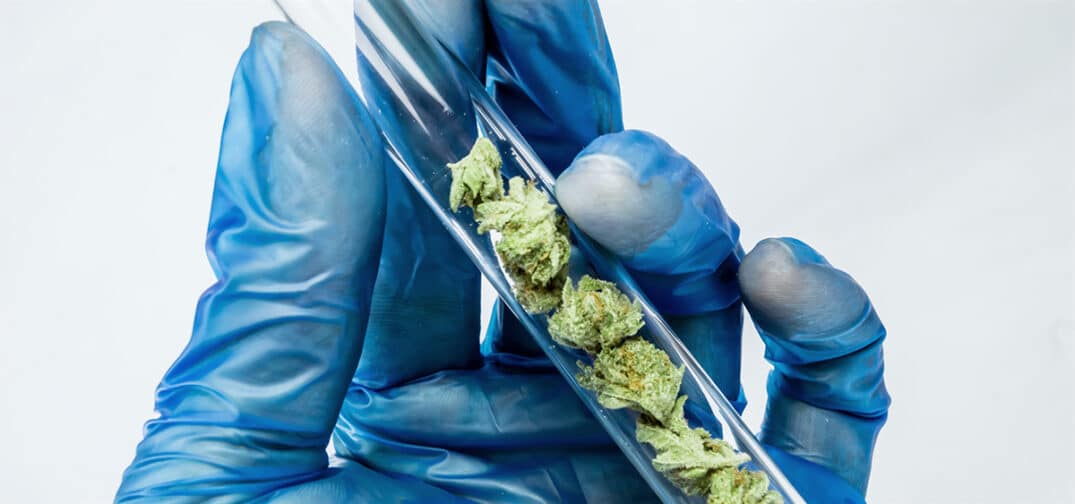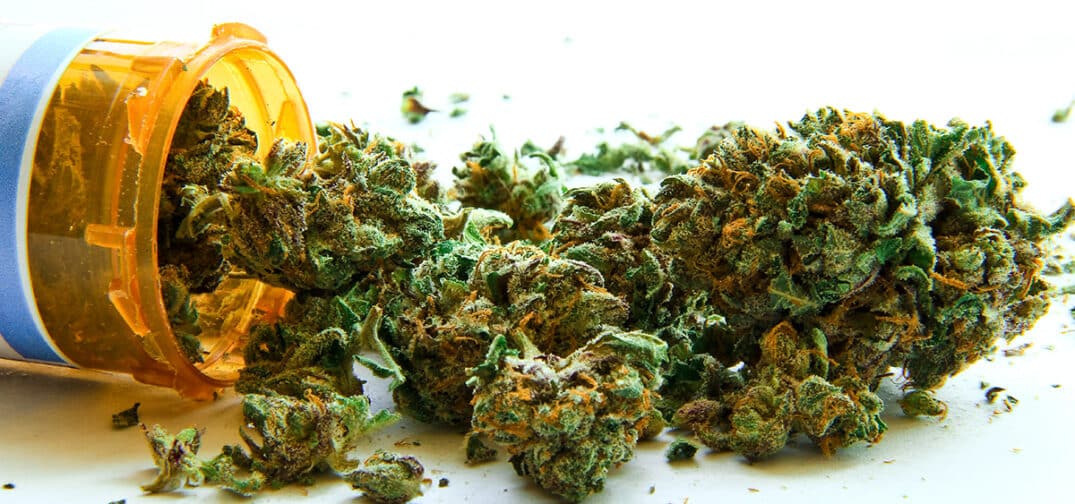A New York judge on Friday partly lifted the injunction imposed against state regulators issuing new cannabis licenses, WTEN reports. The ruling by Supreme Court Justice Kevin Bryant affects just 30 licenses that were deemed by the Cannabis Control Board as “ready to be open.”
The decision still leaves about 400 licenses in limbo.
In a statement following Bryant’s decision, the New York Office of Cannabis Management (OCM) called the ruling “a disappointment” but that the agency is “committed to working with the Cannabis Control Board to find a way forward that does not derail our efforts to bring the most equitable cannabis market in the nation to life.”
The lawsuit, filed by four service-disabled military veterans, argues that OCM created a licensing system that runs afoul of the state’s adult-use cannabis law and improperly limits initial licenses to people with cannabis convictions rather than a wider category of social equity applicants, including service-disabled military veterans. The lawsuit claims that the cannabis regulators overstepped their authority by creating the licensing category for people with convictions because that decision was not approved by the Legislature and that the decision violates the state constitution.
The injunction was first imposed on August 7 and was extended on August 18.
Another hearing on the lawsuit is scheduled for September 15. Regulators are expected to open the window for cannabis licenses for non-equity applicants on October 1.
End























